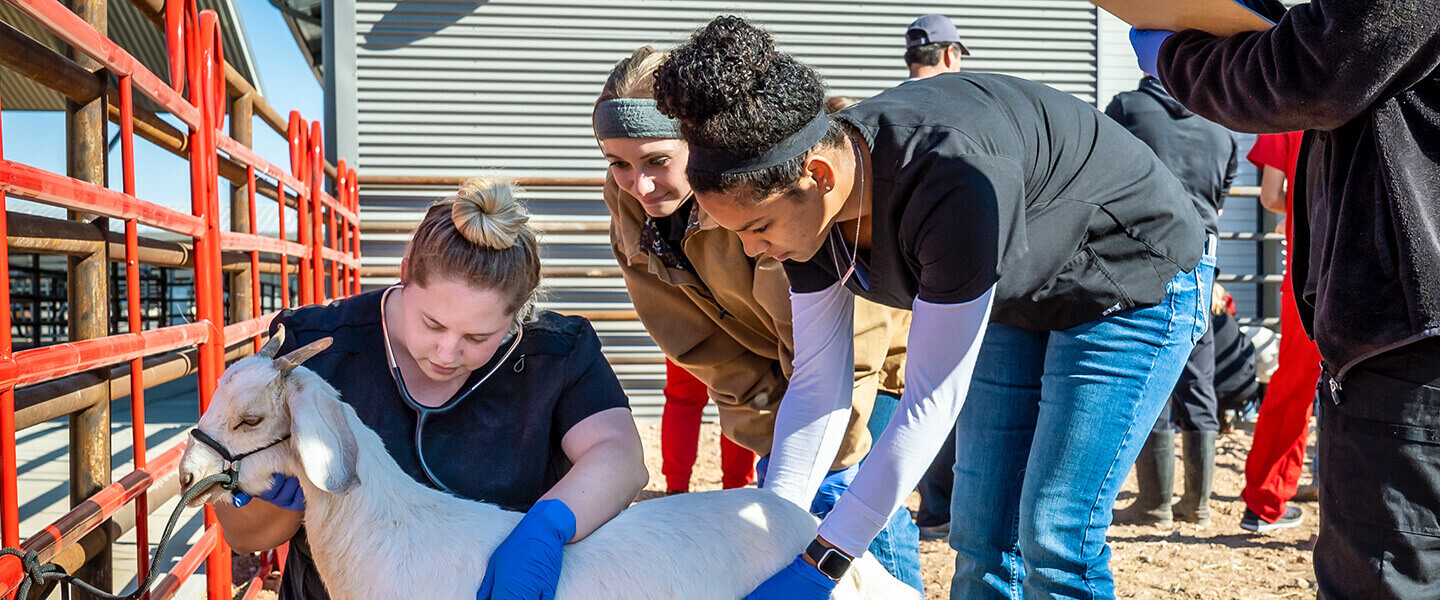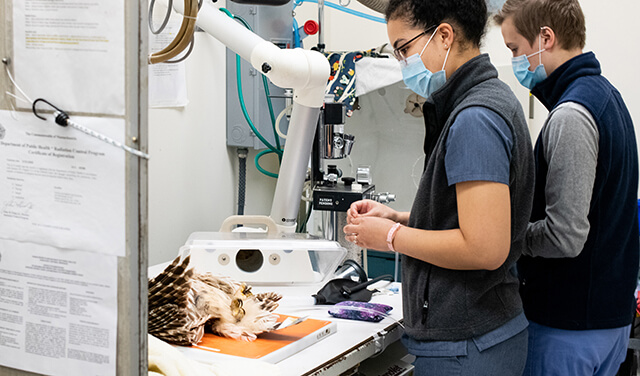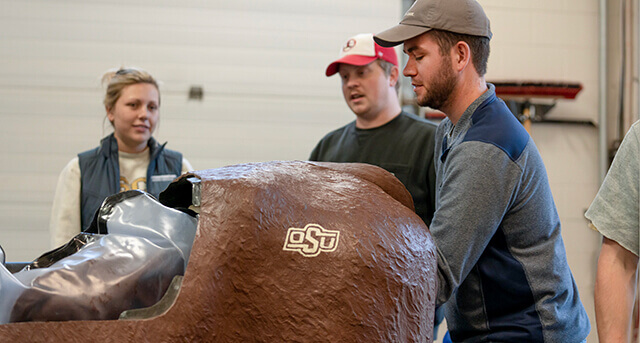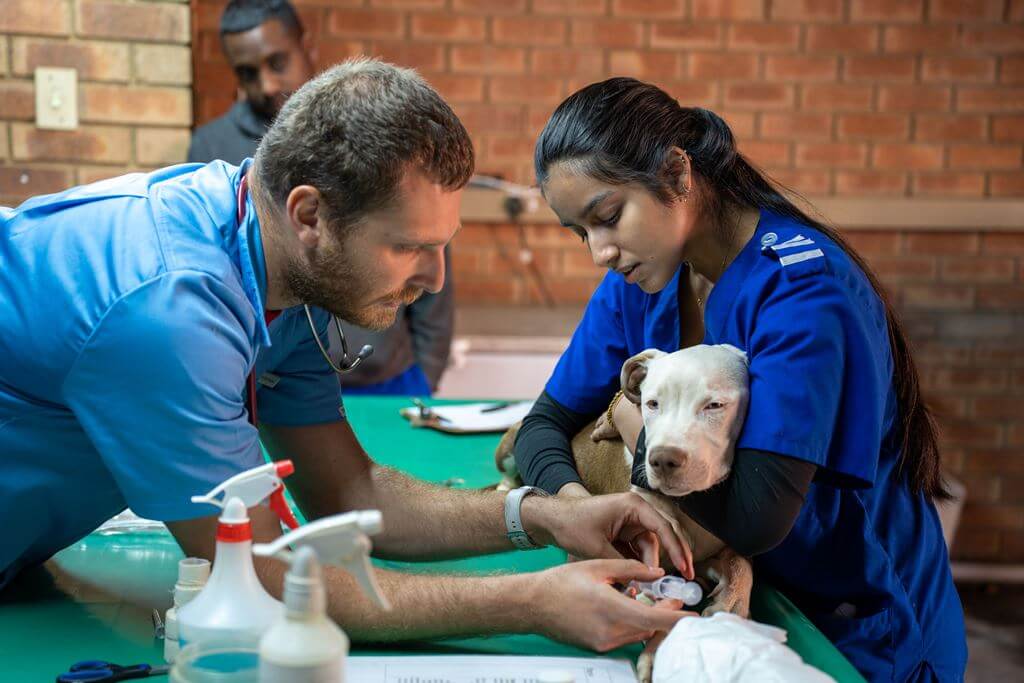


High School Students
No matter what age you are, it’s never to early to start the process of becoming a veterinarian. As a high school student, you can start preparing for an incredibly rewarding career as a veterinarian by focusing on science-related subjects like biology, chemistry, and physics. You can also volunteer at local animal shelters or veterinary clinics to gain hands-on experience and showcase your dedication and love for animals. Taking proactive steps during high school will help you to be fully ready for your dream of becoming a skilled and compassionate veterinarian. Unleash your potential today and embark on an extraordinary journey to create a lasting impact on the lives of animals!
Preparing for VetMed
Why VetMed?
Opportunities
High schoolers have numerous opportunities to prepare for their journey towards veterinary school. A crucial step is excelling in science-related courses like biology and chemistry, which will form a strong academic foundation. Volunteering at local animal shelters or veterinary clinics provides valuable hands-on experience and showcases their dedication to working with animals. Joining animal-related clubs and participating in science fairs can help expand their knowledge and skills. Seeking guidance from school counselors or career advisors ensures they stay on the right path and discover potential internships or mentorship programs in the veterinary field. Taking advantage of these opportunities during high school will equip them with the necessary skills and experiences to shine in their future veterinary school applications.
Careers
As a veterinarian, you could work in a veterinary clinic, caring for beloved pets like dogs, cats, and small mammals, providing essential medical treatments and surgeries. If you're drawn to farm animals, you can choose to work with cows, horses, and pigs, ensuring their health and well-being on farms. For those with a sense of adventure, specializing in exotic animals could lead to thrilling work at zoos, aquariums, or wildlife rehabilitation centers, where you care for majestic creatures like lions, elephants, and dolphins. If you're passionate about research, becoming a veterinary scientist allows you to study diseases, develop new treatments, and contribute to the advancement of animal health. No matter your interest, a career in veterinary medicine offers a world of possibilities to make a positive impact on the lives of animals.
Specialties
Veterinarians can specialize in various fields, such as a small animal vet, caring for adorable pets like cats and dogs. If you have a passion for farm life, you can become a large animal vet, working with cows, horses, and other farm animals. For the wildlife enthusiasts, becoming an exotic animal vet opens doors to work with fascinating creatures in zoos and wildlife sanctuaries. If you're interested in research, you can become a veterinary scientist, studying diseases and discovering new ways to help animals.
Guidance
Start by talking to your school counselor or career advisor, who can provide information about the right courses to take and opportunities for volunteering or internships with animals. Reach out to local veterinarians or animal clinics to see if they offer shadowing experiences, allowing you to observe a vet's day-to-day work. Online resources, like AAVMC's website, can also offer insights from professionals in the field. And don't forget to explore university websites to find information about accredited veterinary programs and admission requirements.




